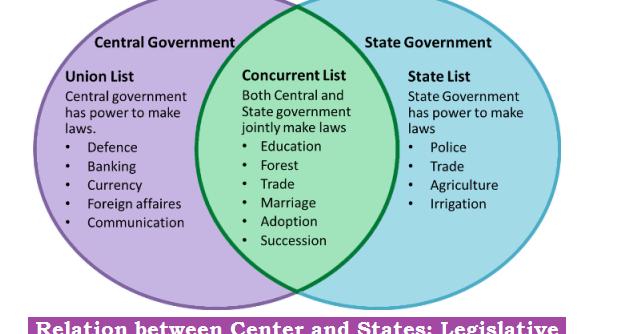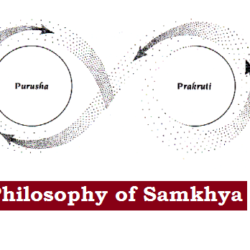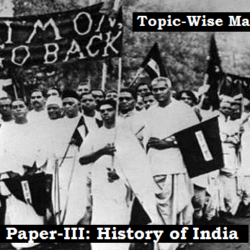
The Constitution of India, being federal in structure, in Part XI divides powers- legislative, administrative, financial- between the Center and the States.
The Centre- State relations can be divided under three heads:
1. Legislative Relations
2. Executive (Administrative) Relations
3. Financial Relations
Legislative Relations
a. Distribution in territorial extent
b. Distribution of legislative subjects
c. Parliament on State subjects
d. Center over State Legislation
a. Distribution in territorial extent:
- Parliament’s territorial covers whole country and State’s limited to the State only and it’s laws are not applicable outside the State.
- The Parliament can alone make extra-territorial legislation for Indian citizens outside the country.
b. Distribution of legislative subjects:
- The Constitution provides for a three- fold distribution of legislative subjects
between the Center and the States. - The Union List has subjects of national importance and requires uniformity of legislation nationwide. The State List has subjects of local importance, and permits the diversity. The matters on which uniformity is desirable but not essential are enumerated in the Concurrent List.
- The Parliament has exclusive control over the subjects of the Union List (100 subjects), whereas the State Legislature has complete control over the subjects of the State List (61 subjects).
- Both can make laws on the subjects of Concurrent List (52 subjects like education, forests, wild life, electricity, family planning, criminal law and procedure). However, in case of a conflict, Central law prevails over a State Law.
- The power to make laws on residual subjects is vested in the Parliament.
c. Parliament on State subjects:
- When extraordinary situation arises, the Centre- State relation gets modified to empower the Parliament to make laws on a subject of State List.
- Circumstances of extraordinary situations are:
1. When Rajya Sabha passes a resolution (with 2/3 majority)
It remains in force for 1 year and can be extended to any number of times
2. During national emergency
3. During President’s rule
4. On request from States
Two or more State passes a resolution, it can be repealed or amended by the Parliament only
5. Implementation of International Agreements
To fulfill international obligation and commitments
d. Center over State Legislation
- The Governor can reserve certain types of bills for the consideration of the President (absolute veto with the President)
- Certain bills can be introduced in the State Legislature only after previous sanction from the President (e.g.: imposing restriction on freedom of trade and commerce)
- The President can direct the States to reserve money bills and other financial bills for his consideration during Financial Emergency.

 Home
Home Syllabus
Syllabus Contact Us
Contact Us








